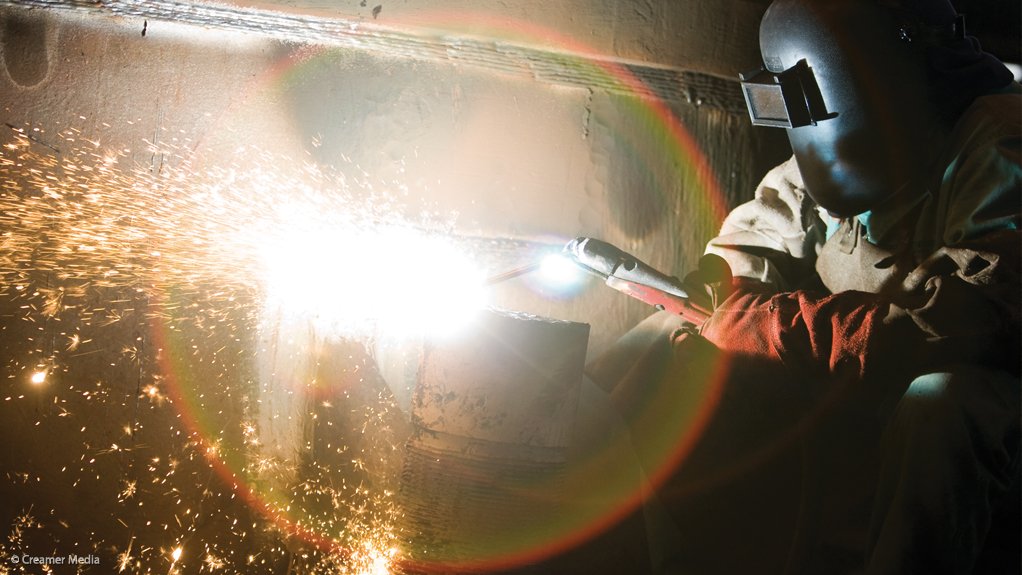Unions in the metal and engineering industry would press for increases of between 15% and 20% during the 2014 wage negotiations, which formally kicked off on Wednesday, March 26, with a prebargaining conference. None of the unions were keen to pursue another multiyear wage deal and want the new agreement to be valid from July 1, 2014, to June 30, 2015.
The negotiations were being facilitated by the Metal and Engineering Industries Bargaining Council (MEIBC) and it was hoped that a new wage agreement would be in place by July 1.
The parties would meet again on April 16 to start negotiating, with employer organisations likely to push for another multiyear agreement and increases closer to the inflation rate. Inflation rose to 5.9% year-on-year in February and the South African Reserve Bank expected consumer price inflation to peak at 6.6% in the final quarter of 2014.
The current three-year wage agreement, which provided for staggered wage increases, from 8% to 10% for skilled and unskilled employees respectively, would expire on June 30.
The Chemical, Energy, Paper, Printing, Wood and Allied Workers Union (Ceppwawu), the National Union of Metalworkers of South Africa (Numsa), the South African Equity Workers Association (Saewu) and Solidarity all opened with demands for increases of 15% across the board. However, Uasa and the Metal and Electrical Workers Union of South Africa (Mewusa) were demanding 20% increases.
Numsa was also demanding a housing allowance of R2 500 to be paid to all workers, while Solidarity demanded R5 000, and Ceppwawu was demanding R1 000 a month, except in cases where the existing housing subsidy was more favourable.
Meanwhile, Mewusa said that, in terms of the housing allowance, companies should contribute 50% to employees’ bond repayments, should they be eligible to acquire bonds.
By contrast, the Steel and Engineering Industries Federation of South Africa (Seifsa) continued to call for a multiyear agreement in its proposal to the MEIBC.
MEIBC general secretary Thulani Mthiyane told Engineering News Online on Wednesday that “some employers are talking about a three-year deal. This gives them the peace required in the industry for that period, as you can plan things without the threat of a strike”.
However, he explained that the ultimate agreement on the period would depend on how the negotiations went.
Meanwhile, Seifsa and the National Employers Association of South Africa (Neasa) were also proposing a 50% wage reduction for new entrants. Neasa proposed that this reduction be applied only to new entries in respect of grades F, G and H and grade 1 in respect of the 5-grade system, while Seifsa proposed it be applied to “all existing scheduled wage rates” and “all new entrants at any level of work”.
Seifsa stated that this change would stimulate the employment of workers in the sector, adding that the reduced schedule rate had to remain in place for a period of five years, and had to be coupled to an undertaking that no existing employees would be replaced by new employees.
Mthiyane indicated that there was a material gap between the opening stances of the unions and the employers, which was likely to slow the negotiation process. He did not discount the possibility of the negotiations extending beyond July 1, nor the possibility of strike action.
EMAIL THIS ARTICLE SAVE THIS ARTICLE
To subscribe email subscriptions@creamermedia.co.za or click here
To advertise email advertising@creamermedia.co.za or click here











